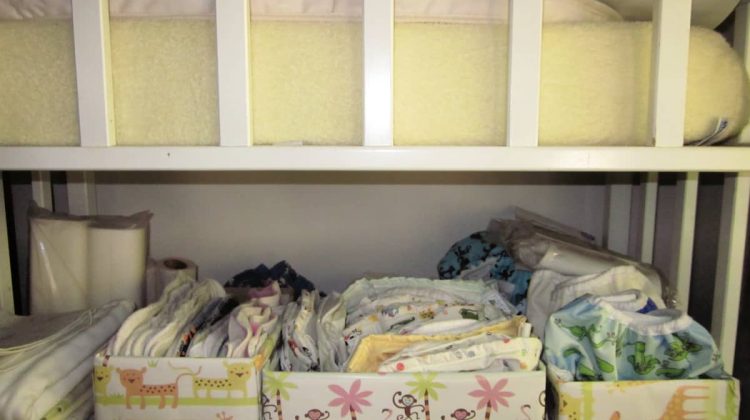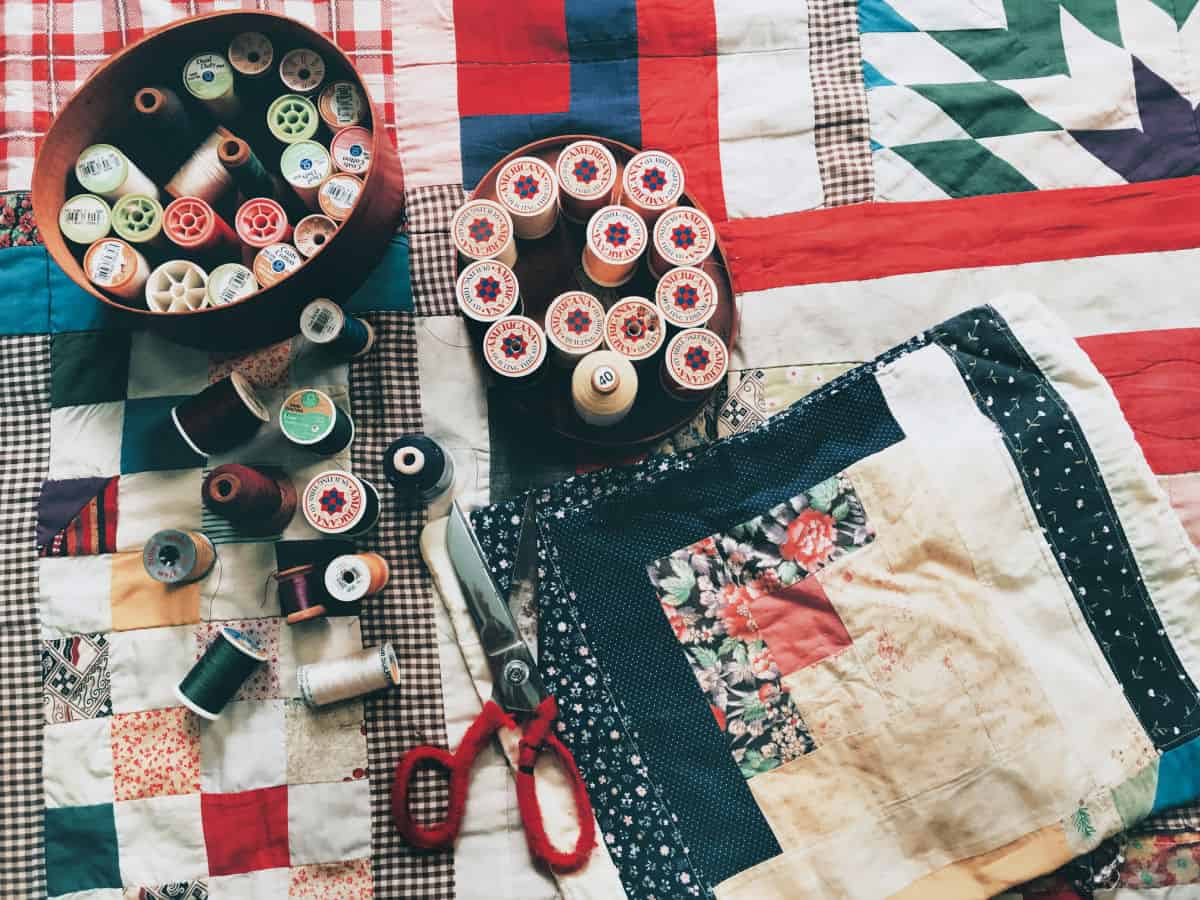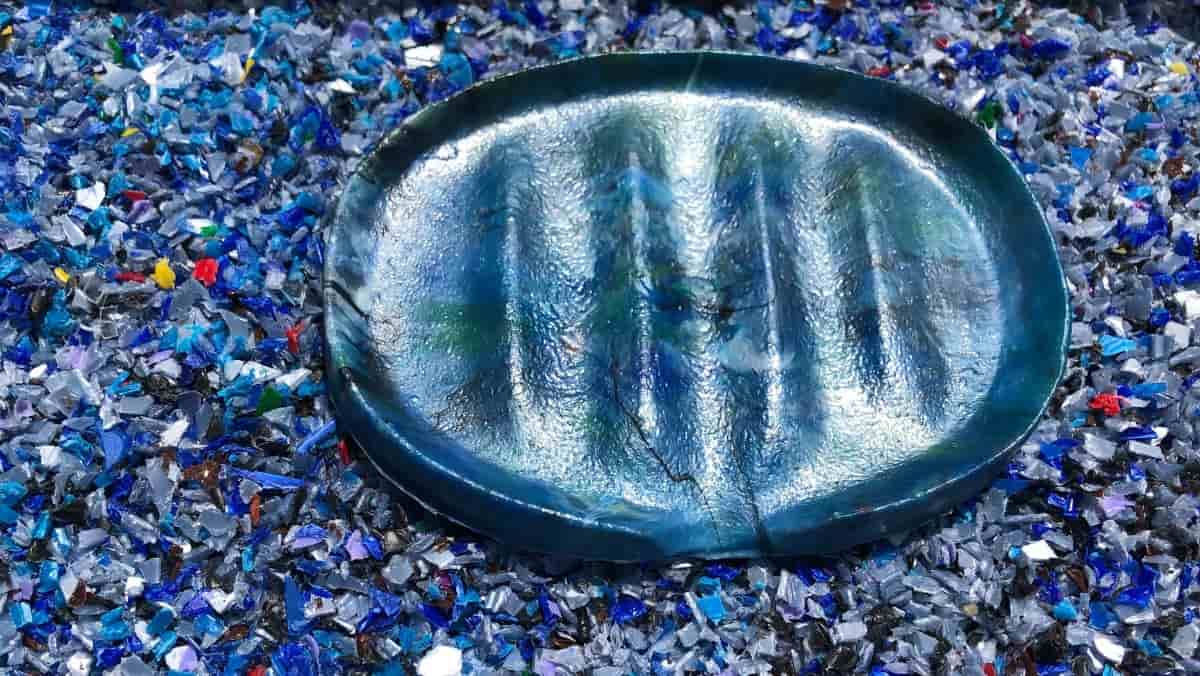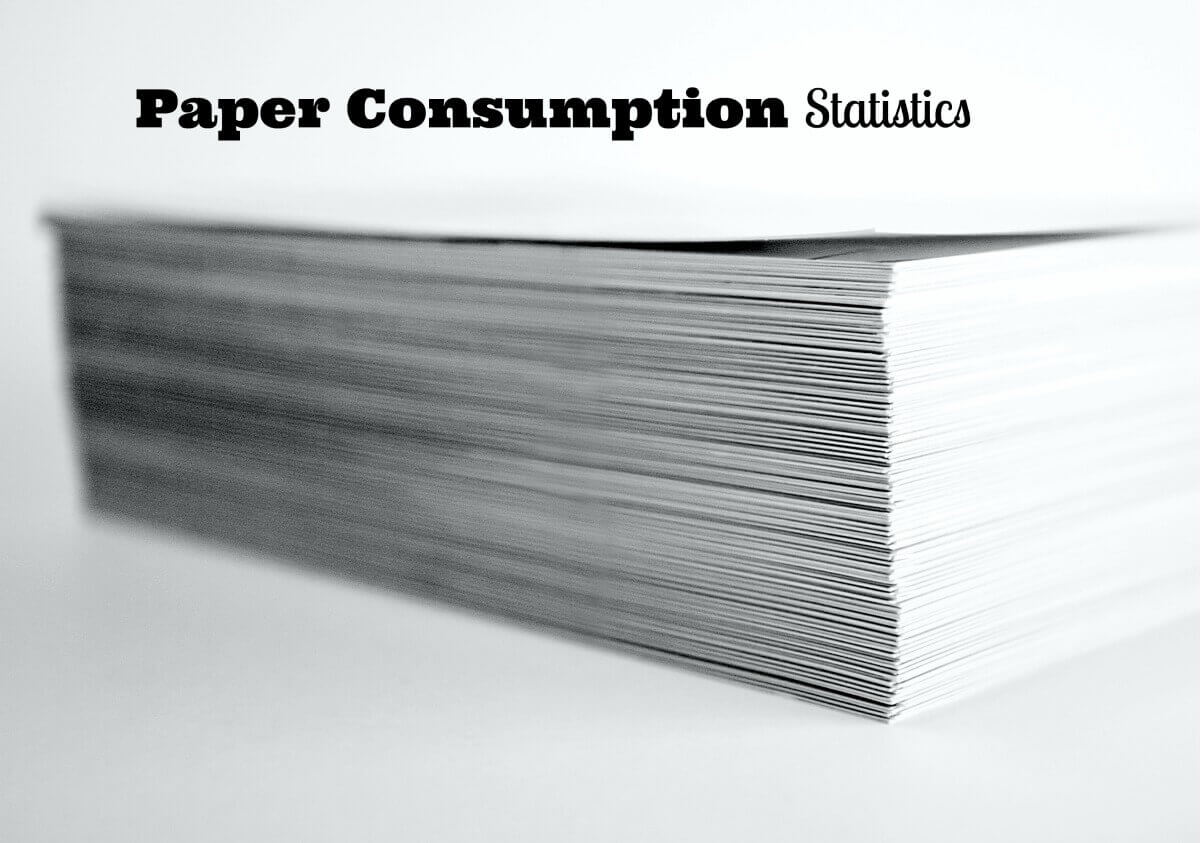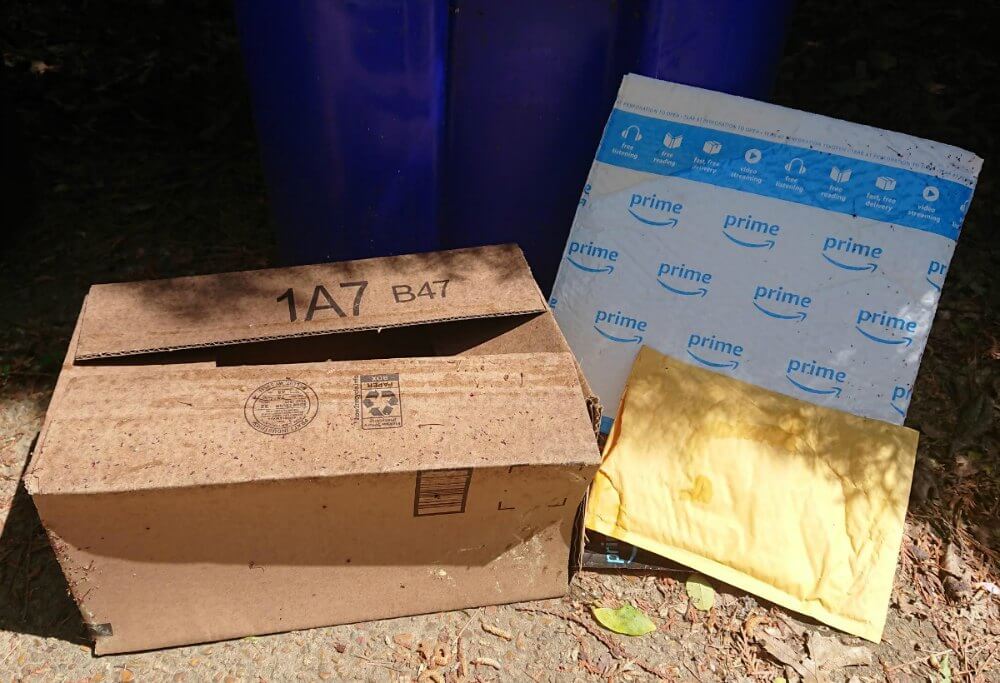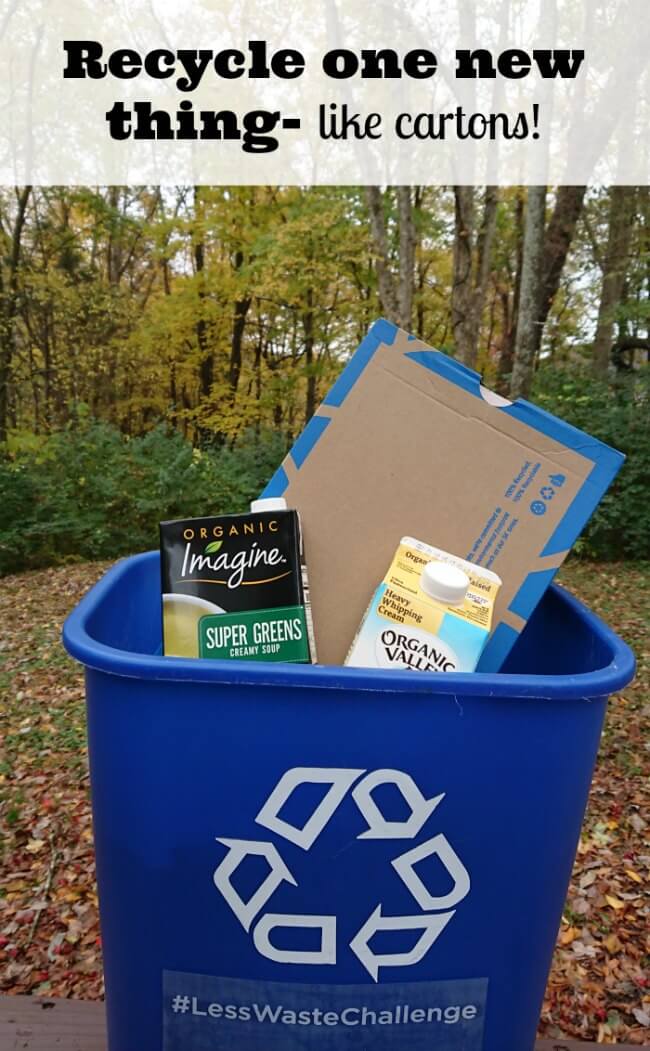Earth Day is coming up April 22nd and it is my goal to make green choices all year long. Going green all begins with mindset. Once you and your family decide to make caring about preserving, protecting and restoring our natural world a family value, the rest is easy. Decide that you will do the best you can to go green in your circumstance and within your budget. Here are 20 … [Read more...] about 20 Ways To Go Green With Little Effort Required!
Recycle
What To Do With Old Clothes That Cannot Be Donated
It always feels so good to go through your closets and get them cleaned out and organized. It helps to start with a thorough decluttering session and make a bag of clothes you no longer fit or wear. The best places for donation are Goodwill, the Salvation Army, other charity stores, or local shelters. However, not all clothing can be donated. If the clothes you’re getting rid … [Read more...] about What To Do With Old Clothes That Cannot Be Donated
Plastic Soap Dish From MamaGaia Recycled Plastic Products
The artisan soap dish from MamaGaia is truly inspiring. When you think of all the effort that goes into collecting used plastics, shredding them, creating color combinations, and molding them in oder to make each completely unique recycled plastic soap dish, you've got to be impressed. MamaGaia Recycled Plastic Products was created in order help solve the plastic problem. By … [Read more...] about Plastic Soap Dish From MamaGaia Recycled Plastic Products
Paper Consumption Statistics and Paper Recycling Statistics
I am all for recycling! I believe that more people would make more of an effort to recycle if they realized how important recycling is. Paper recycling can make a huge impact on reducing the use of virgin resources. Here are some paper consumption statistics to give you an idea of just how much paper we are using as a society. I also share paper recycling statistics to show … [Read more...] about Paper Consumption Statistics and Paper Recycling Statistics
How To Recycle Packaging Materials
With so many people resorting to having things delivered in order to stay #saferathome, lots of folks will be receiving bubblewrap envelops or boxed filled with different types of shipping packing. I thought I would review the shipment packaging types and the best ways to reuse, recycle, and/or store them. Here's everything you need to know to recycle packaging materials … [Read more...] about How To Recycle Packaging Materials
Are Capri Sun Juice Pouches Recyclable? How To Recycle Your Trash!
Here is something totally cool I just found out about! TerraCycle is the world’s leader in the collection and reuse of non-recyclable post-consumer waste. TerraCycle works with over thirty major brands in the U.S. and in a growing number of other countries to collect used packaging and products (chip bags, candy wrappers, juice pouches, pens, toothbrushes, etc.) that would … [Read more...] about Are Capri Sun Juice Pouches Recyclable? How To Recycle Your Trash!
Celebrate America Recycles Day- Remember To Recycle Cartons
What is America Recycles Day? It is an annual day for us create or renew our commitment to recycling. America Recycles Day is November 15th and this is a great time to review what can be recycled. Most people think of metal, glass, and paper right away but then they can get a little fuzzy on what else can be recycled. For example are milk cartons recyclable? Can batteries and … [Read more...] about Celebrate America Recycles Day- Remember To Recycle Cartons

